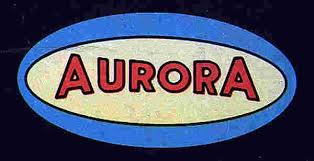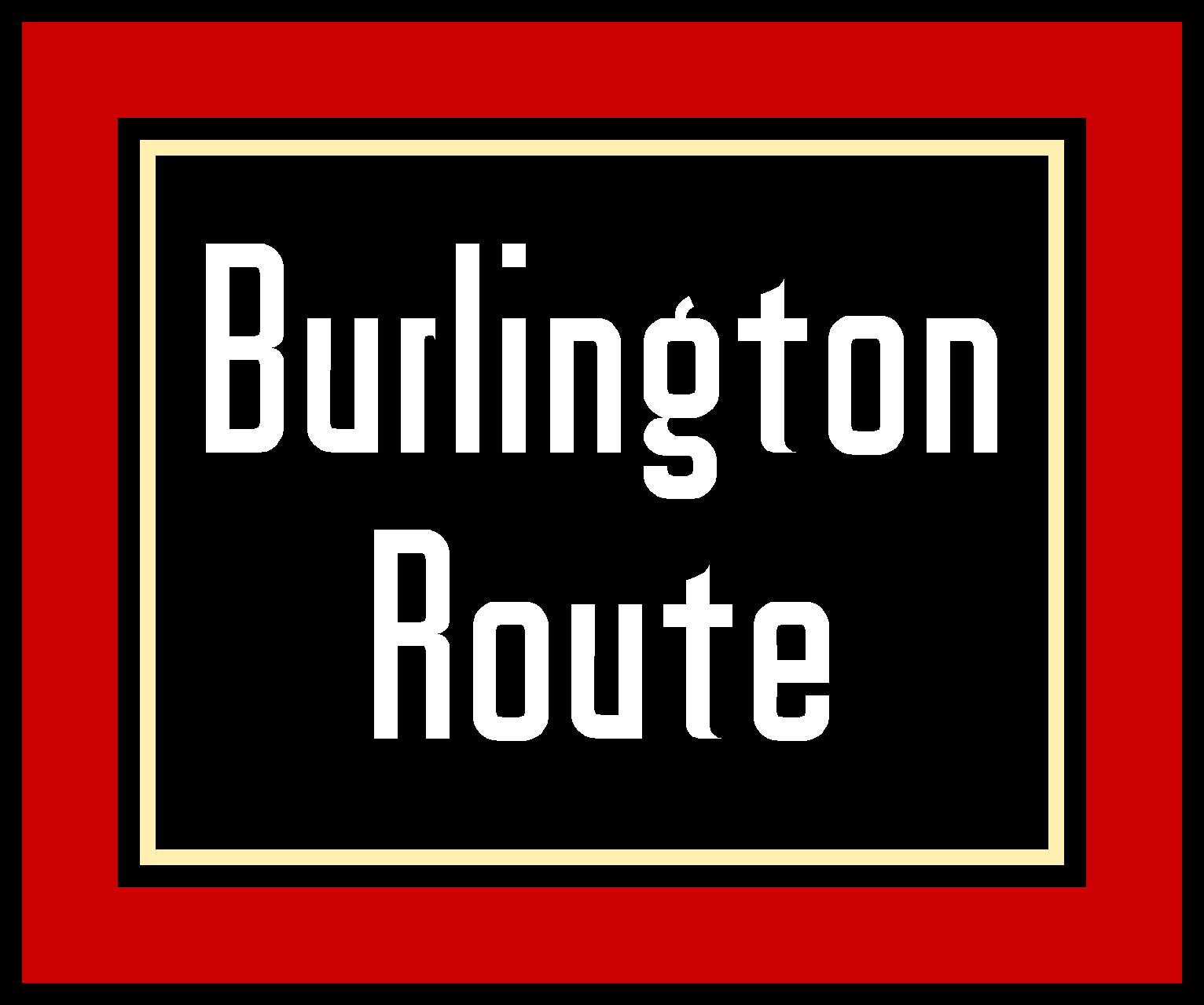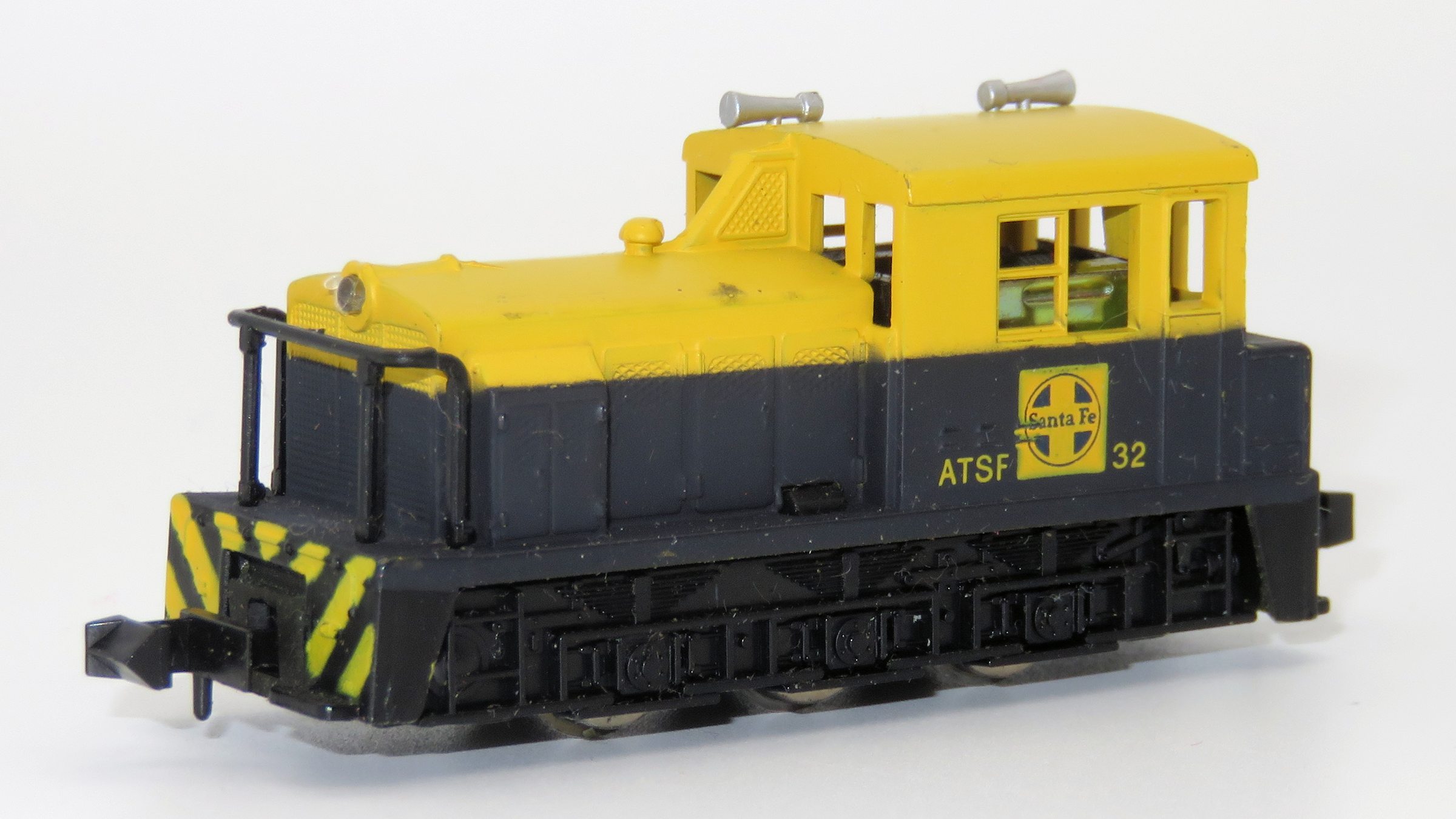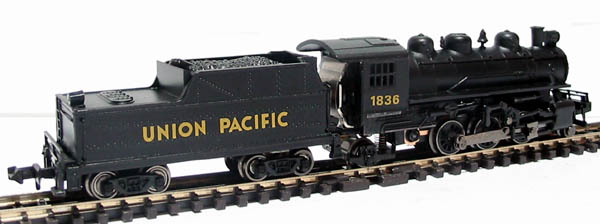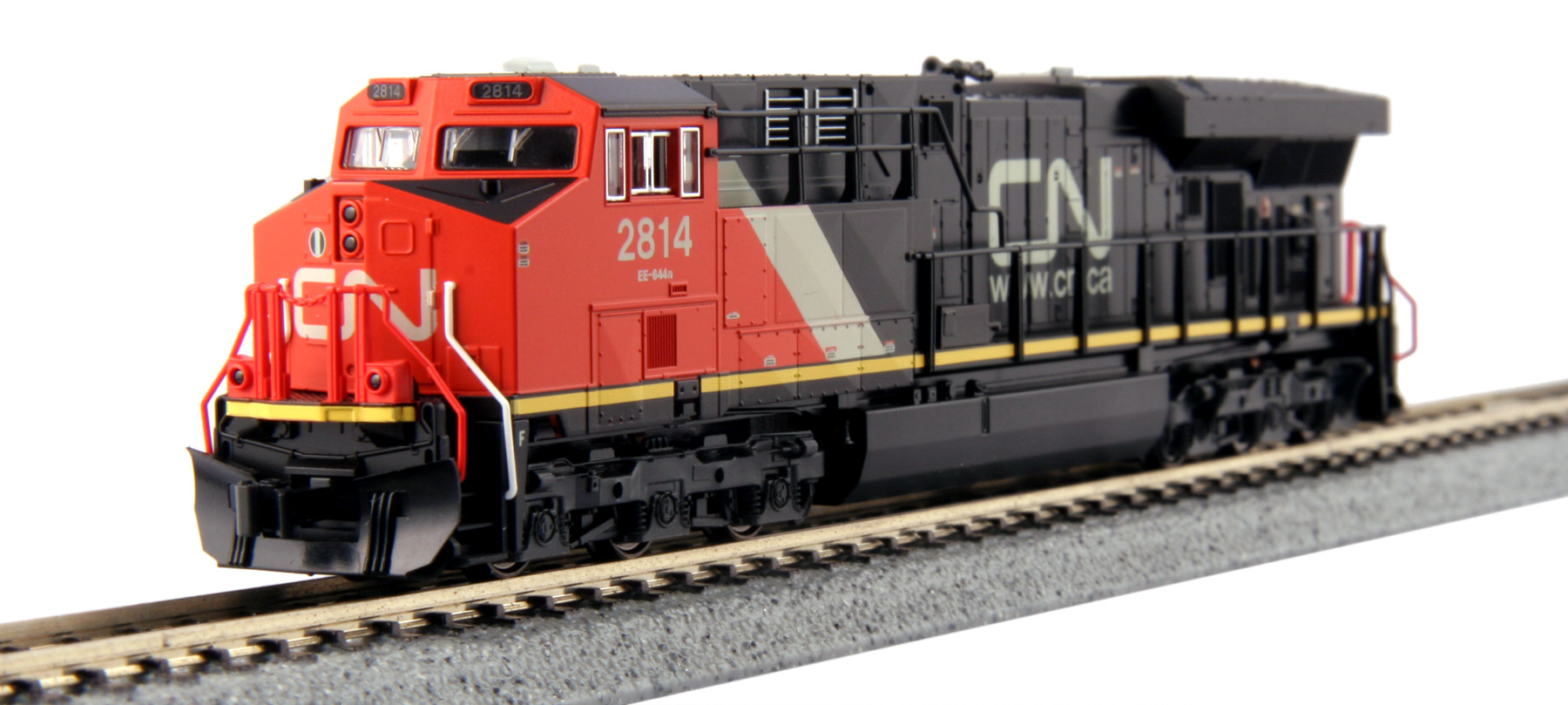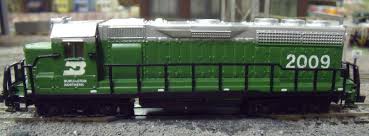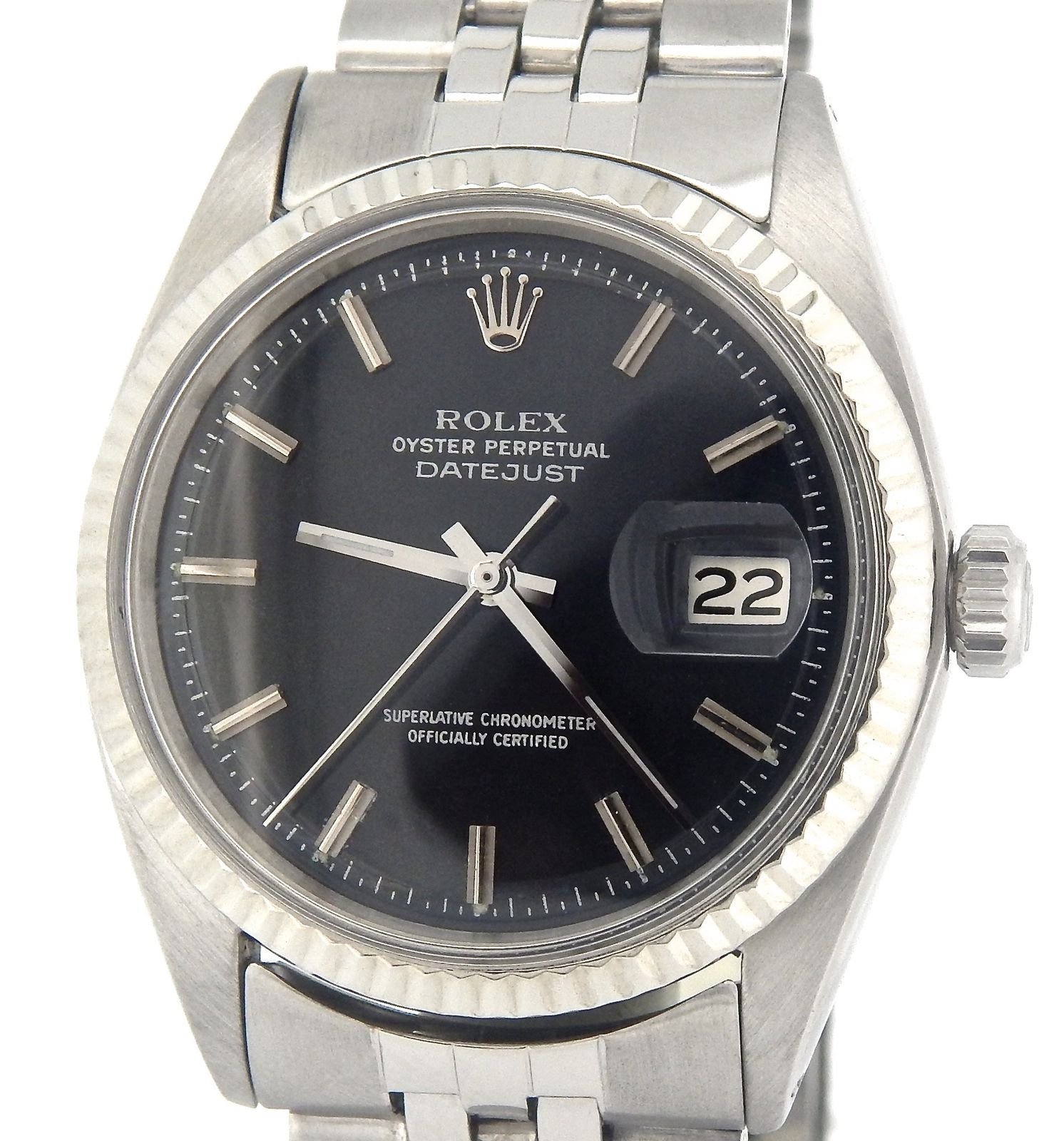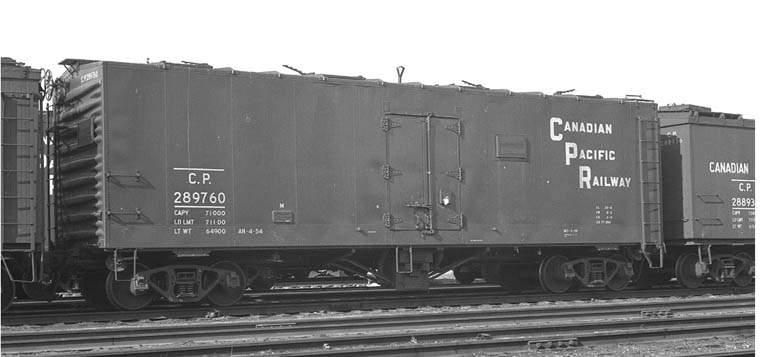Model Information: Produced by Roco and imported by Minitrix and others, this 40 Foot Steel Reefer was released in the early 1970s. These cars feature some of the worst performing trucks I have encountered. They do not roll well at all.
Prototype History: Not all steel reefers contained mechanical refrigeration units. Although today we expect that a modern reefer contain an air conditioning unit to be integral to the car design, this was not always true. There was a period following the second world war when the cost of steel was cheap but the cost of a refrigeration unit was high. Early mechanical refrigeration units were unreliable, noisy, expensive and costly to maintain, and for the early post-war years many railroads continued to use ice for refrigeration even though the technology for mechanical refrigeration was possible.
In the post-WWII period, steel once again became readily available and the railroads rapidly replaced their aging fleets of wood reefers with newly constructed steel cars. Among the more common steel reefers for meat and other perishable commodities were those built by URTX. These cars had a horizontal rivet strip along the middle of each side, improved Dreadnaught ends and diagonal-panel roofs.
From Wikipedia and other sources
In the post-WWII period, steel once again became readily available and the railroads rapidly replaced their aging fleets of wood reefers with newly constructed steel cars. Among the more common steel reefers for meat and other perishable commodities were those built by URTX. These cars had a horizontal rivet strip along the middle of each side, improved Dreadnaught ends and diagonal-panel roofs.
From Wikipedia and other sources
Road Name History: The Chicago, Burlington and Quincy Railroad (reporting mark CBQ) was a railroad that operated in the Midwestern United States. Commonly referred to as the Burlington or as the Q, the Burlington Route served a large area, including extensive trackage in the states of Colorado, Illinois, Iowa, Kentucky, Missouri, Montana, Nebraska, Wisconsin, Wyoming, and also in New Mexico and Texas through subsidiaries Colorado and Southern Railway, Fort Worth and Denver Railway, and Burlington-Rock Island Railroad.[citation needed] Its primary connections included Chicago, Minneapolis-St. Paul, St. Louis, Kansas City and Denver. Because of this extensive trackage in the midwest and mountain states, the railroad used the advertising slogans "Everywhere West", "Way of the Zephyrs", and "The Way West". It merged into Burlington Northern in 1970.
In 1967, it reported 19,565 million net ton-miles of revenue freight and 723 million passenger miles; corresponding totals for C&S were 1,100 and 10 and for FW&D were 1,466 and 13. At the end of the year CB&Q operated 8,538 route-miles, C&S operated 708 and FW&D operated 1362. (These totals may or may not include the former Burlington-Rock Island Railroad.)
Information sourced from Wikipedia
In 1967, it reported 19,565 million net ton-miles of revenue freight and 723 million passenger miles; corresponding totals for C&S were 1,100 and 10 and for FW&D were 1,466 and 13. At the end of the year CB&Q operated 8,538 route-miles, C&S operated 708 and FW&D operated 1362. (These totals may or may not include the former Burlington-Rock Island Railroad.)
Information sourced from Wikipedia
Brand/Importer Information: In 1967, Aurora Plastics Corporation started importing the Minitrix N Scale product line. These trains were marketed as Postage Stamp Trains. It was a bold entry into what would become a very active market in the new N-Scale model train market. The basic starter set took advantage of N-Scale’s small size by packaging everything necessary for a small model railroad in a book-like box. The larger starter sets were packaged in more conventional boxes. Aurora went out of business in 1977.
The Body styles of this product line were made in Austria by Roco, imported into the United States by Minitrix and then rebranded by Aurora. Some of the exact same molds were also produced by Roco for Atlas who branded them using their own name.
A lot of information can be found on All about Aurora Postage Stamp Trains web site by David K. Smith.
The Body styles of this product line were made in Austria by Roco, imported into the United States by Minitrix and then rebranded by Aurora. Some of the exact same molds were also produced by Roco for Atlas who branded them using their own name.
A lot of information can be found on All about Aurora Postage Stamp Trains web site by David K. Smith.
Manufacturer Information: 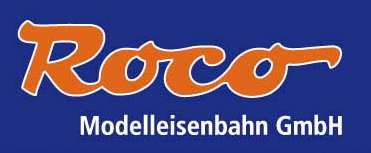 The company was founded in 1960 by Ing. Heinz Rössler and started with a plastic Minitanks series of military vehicles. After export to the USA became successful, the model line was expanded with model trains in HO scale and the smaller N scale. TT scale was also subsequently added to the product line. The model rail product line covers many European countries including Germany, Belgium, Luxembourg, France, Spain, Austria, Italy, Switzerland, Sweden and the Netherlands, and also the USA.
The company was founded in 1960 by Ing. Heinz Rössler and started with a plastic Minitanks series of military vehicles. After export to the USA became successful, the model line was expanded with model trains in HO scale and the smaller N scale. TT scale was also subsequently added to the product line. The model rail product line covers many European countries including Germany, Belgium, Luxembourg, France, Spain, Austria, Italy, Switzerland, Sweden and the Netherlands, and also the USA.
On July 15, 2005 ROCO Modellspielwaren GmbH was declared bankrupt. From July 25 the company continues as Modelleisenbahn GmbH, but still uses the Roco brand and associated logo. On October 1, 2007, distribution of the 'Minitank' product series was assigned to the German model car manufacturer Herpa.
Since February 2008 Modelleisenbahn also owns Fleischmann, which like Roco had gone bankrupt. The two companies continue as separate brands under Modelleisenbahn GmbH, while benefiting from economies of scale through joined development projects, marketing and procurement.
From Wikipedia

On July 15, 2005 ROCO Modellspielwaren GmbH was declared bankrupt. From July 25 the company continues as Modelleisenbahn GmbH, but still uses the Roco brand and associated logo. On October 1, 2007, distribution of the 'Minitank' product series was assigned to the German model car manufacturer Herpa.
Since February 2008 Modelleisenbahn also owns Fleischmann, which like Roco had gone bankrupt. The two companies continue as separate brands under Modelleisenbahn GmbH, while benefiting from economies of scale through joined development projects, marketing and procurement.
From Wikipedia
Item created by: gdm on 2017-02-04 14:17:10. Last edited by willmcg001 on 2023-11-18 02:11:54
If you see errors or missing data in this entry, please feel free to log in and edit it. Anyone with a Gmail account can log in instantly.
If you see errors or missing data in this entry, please feel free to log in and edit it. Anyone with a Gmail account can log in instantly.



